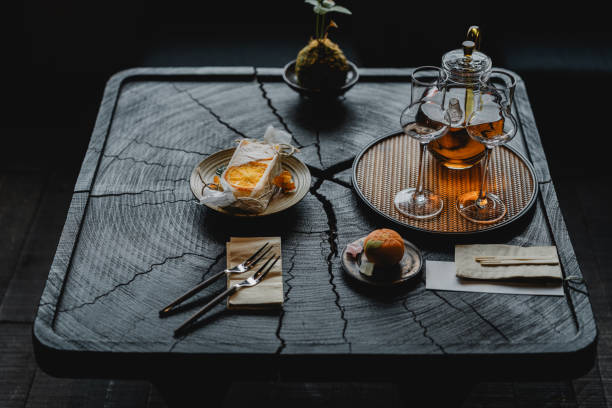The fusion of Chinese tea culture with African traditions is bubbling up in communities across the continent, creating a unique blend of flavors, rituals, and shared cultural exchange. Tea has long been an integral part of daily life in Africa, with regions like Kenya, Uganda, and South Africa contributing to the global tea market through their own distinctive blends. But now, a new chapter in the continent’s tea-drinking story is unfolding, one where Chinese tea is finding its place alongside these African traditions.
Chinese tea, particularly varieties like jasmine, oolong, and green tea, is growing in popularity in African countries. The relationship dates back centuries, with Chinese traders bringing tea to Africa long before it became a widespread commodity. Fast forward to today, and Africa is now one of China’s largest tea import markets, with nations like Kenya, Nigeria, and Ghana embracing this cultural exchange
.
What makes this fusion truly fascinating is how African communities are blending their own tea-drinking habits with Chinese tea practices. In places like Nigeria, it’s common to add milk to tea, a stark contrast to the minimalist approach favored by the Chinese, who often enjoy their tea unsweetened
. Some Africans have adapted this by mixing Chinese black tea with local flavors, such as honey or ginger, creating a hybrid that appeals to both the taste preferences and the rituals of African tea drinkers
.
The influence of Chinese tea culture in Africa is also changing the way tea is consumed, especially among younger generations. Tea-drinking has become an avenue for cultural exploration, where Africans learn not only about Chinese tea varieties but also the broader philosophical and cultural significance that tea holds in Chinese society. For example, in China, tea ceremonies and the art of brewing are seen as a form of meditation, something that is increasingly resonating with African youth who are eager to connect more deeply with global cultures
.
But it’s not just about taste. It’s about tradition, community, and exchange. As African tea drinkers experiment with Chinese tea styles, they are also fostering stronger cultural ties. Events and festivals, such as tea-tasting gatherings, have become platforms for young people from both continents to come together, share their tea experiences, and celebrate the diversity and unity that tea represents
.
In this era of global connection, the blend of Chinese tea and African traditions is more than just a culinary trend—it’s a symbolic representation of cultural convergence, one cup at a time. Whether through simple daily rituals or elaborate ceremonies, tea is proving once again to be the universal beverage that transcends borders, connecting us all in a shared human experience





